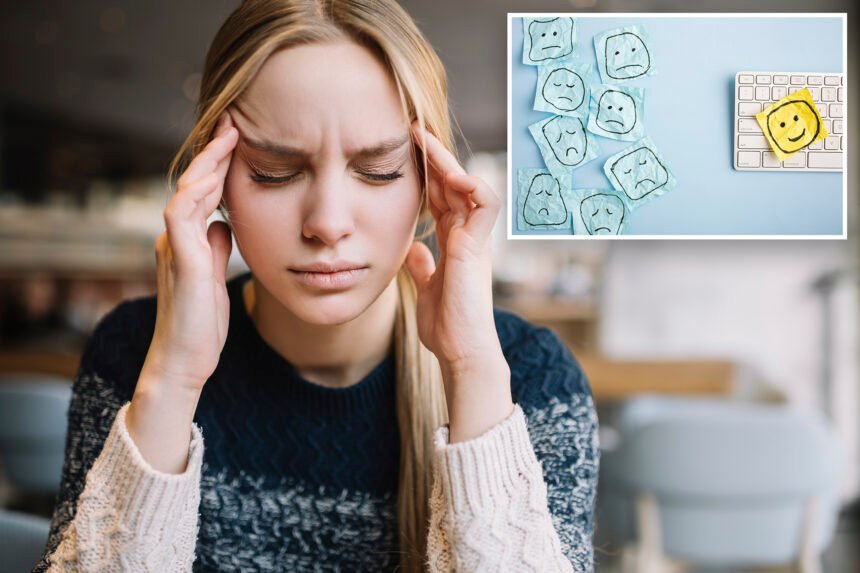[ad_1]
Is the Idea of “Unhappy Leave” Effective in the Workplace?
Will an “unhappy leave” policy address your job dissatisfaction? It’s unlikely, according to a psychologist.
Although providing mental health days is becoming increasingly popular among employers, a Chinese supermarket chain, Pang Dong Lai, has taken it a step further. The company has introduced a policy of giving their staff ten days of “unhappy leave,” as reported by the Straits Times.
Yu Dong Lai, Pang Dong Lai’s founder and executive chairman, reasons that everyone experiences moments of unhappiness, advising employees feeling unsatisfied to stay home. Lai further clarified that denying this right would be considered a violation within the company.
The Effectiveness of a Mental Health Day
Although a sporadic mental health day may seem a good idea, Dr. Art Markman, a respected Psychology Professor, suggests that “unhappy leave” may not provide the remedy you need for professional or personal dissatisfaction.
Markman notes, however, that taking a mental health day to rest, recharge, and return to work with renewed vigor could be beneficial;
“A temporary respite from work can often be beneficial. If you’ve been involved in exceptionally taxing work, then spending time doing something relaxing or rewarding can rejuvenate you,” he said.
He recommended mental health days for those who are sleep-deprived or need time alone to enjoy a calming activity like a day at a spa.
When a Break is Not the Answer

Taking a day off in the midst of a crucial project might end up being more harmful than helpful. Markman noted, citing research, that people continue thinking about unfinished tasks, leading to a psychological phenomenon called the Ovsiankina effect.
“If you attempt to take a break during an ongoing task, it may be challenging to disengage from it. You might benefit more from taking a break once the significant task is complete,” suggested Markman.
Addressing Toxic Workplace Culture

A mental health day or “unhappy leave” may not be effective if the root cause is a toxic workplace culture. Markman suggested companies examine their work culture and strive for improvements rather than expect employees to feel better with a day off.
When Professional Aid is Required

Markman urged those dealing with long-term depression or anxiety to consider it a medical issue and consult a mental health professional rather than taking a day off.
“Mental health is health. You wouldn’t rely on a spa day to fix a broken ankle. While time off from work can be beneficial, it’s unrealistic to expect that treating yourself can cure chronic mental health issues,” he noted.
Besides chronic mental health issues, Markman also pointed out that stressful life events like having a family member ill, relationship problems, or financial concerns can also impact your mental health. If your company offers an Employee Assistance Plan, he suggested engaging with it for help and advice on how to cope with life events that are causing you stress.
The Post reached out to Markman for additional comments.
[ad_2]









